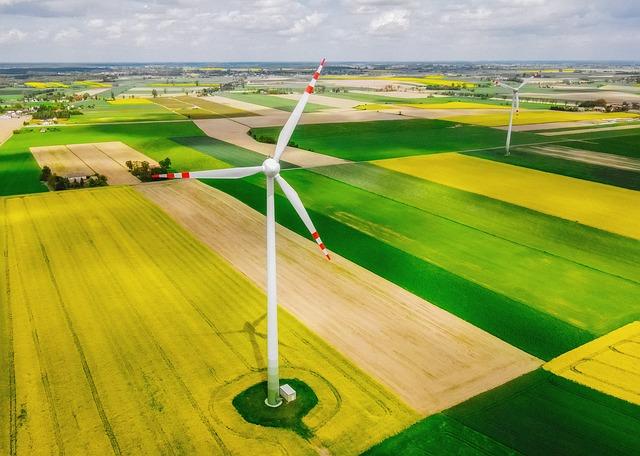Sustainable agriculture is a vital approach to food production that focuses on achieving a harmonious balance between productivity, environmental conservation, and social responsibility. In this blog post, we will delve into the significance of sustainable agriculture in promoting food security, preserving natural resources, and safeguarding the well-being of both present and future generations.
- Soil Conservation: The Foundation of Sustainability
Healthy soil forms the bedrock of a productive and sustainable farming system. Through practices like crop rotation, cover cropping, and the use of organic fertilizers, farmers can maintain soil fertility, prevent erosion, and reduce dependency on chemical inputs. These practices also enhance soil biodiversity, which plays a significant role in nutrient cycling and pest and disease control. - Water Conservation: Wise Management for Sustainability
Efficient irrigation techniques, such as drip irrigation and precision sprinklers, minimize water wastage and ensure the sustainable use of this precious resource. Preserving wetlands and riparian areas also contributes to maintaining water quality, preventing pollution, and providing habitats for biodiversity. - Biodiversity Conservation: Enhancing Ecosystem Resilience
By preserving natural habitats, establishing wildlife corridors, and adopting agroecological practices, farmers can actively promote biodiversity on their farms. Biodiversity is essential for ecosystem resilience as it assists in regulating pests, pollinating crops, and improving soil health. Agroforestry systems, which combine trees with agricultural crops, offer additional benefits such as shade, wind protection, and carbon sequestration. - Social Responsibility: The Heart of Sustainability
Sustainable agriculture promotes fair trade practices, support for local communities, and the provision of safe and fair working conditions for farm laborers. Diversified farming systems that cultivate a variety of nutritious crops are encouraged, reducing dependence on a few staple crops and promoting dietary diversity for enhanced food security.
Challenges and the Way Forward:
Transitioning from conventional to sustainable agricultural practices can be challenging, requiring farmers to acquire knowledge, training, and financial resources. Additionally, resistance from existing agricultural systems and market forces favoring high-input and intensive farming practices can pose obstacles. Nevertheless, initiatives, government policies, and increasing consumer demand for sustainably produced food are driving the adoption of sustainable agriculture across the globe.
Conclusion:
Sustainable agriculture is vital for achieving an equilibrium between food production, environmental conservation, and social responsibility. By implementing practices that enhance soil health, conserve water resources, preserve biodiversity, and prioritize social equity, farmers can ensure a sustainable and resilient food system. Let us all support and promote sustainable agriculture to secure the well-being of present and future generations.




